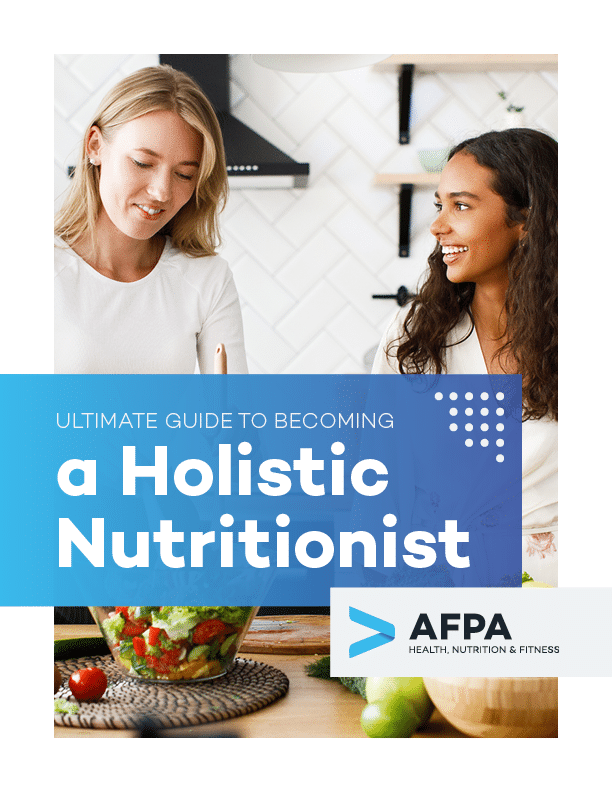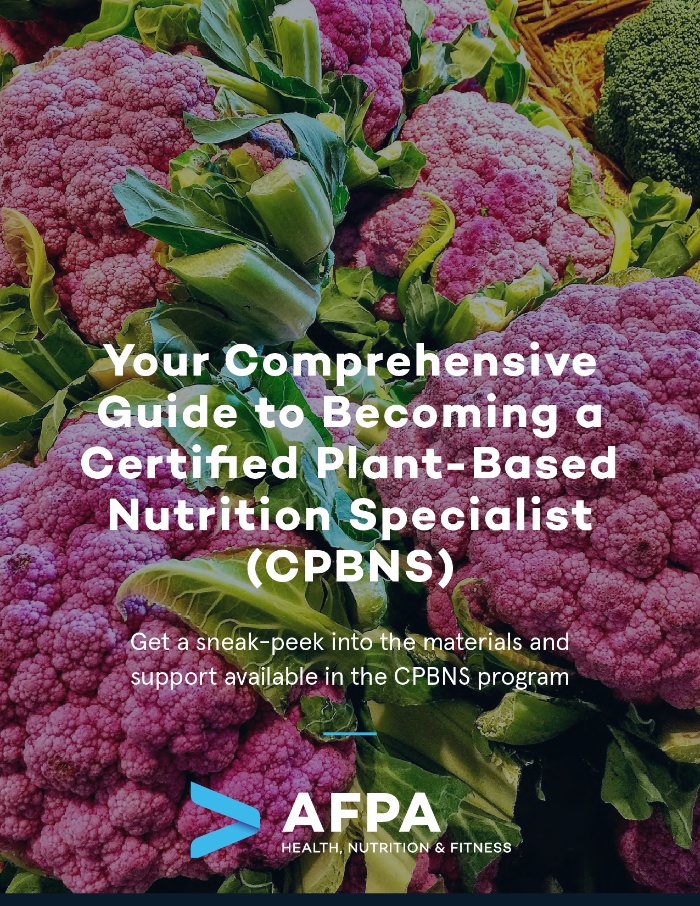With countless celebrities and brands embracing “Meatless Monday” as a mantra, plant-based nutrition has become all the rage—but not all devotees of plant-based nutrition are full-time vegans or vegetarians. In fact, many people are leaving meat and dairy off their plates more frequently to reap countless evidence-based health benefits, including lowering their risks of developing certain types of cancer.
In 2017 alone, retail sales of plant-based foods rose 8.1 percent to $3.1 billion. The plant-based dairy alternatives market was up a whopping 20 percent to $727 million, and plant-based meat sales are set to reach $5.2 billion by 2020.
“There is a revolution going on in the plant-based meat space,” said Bruce Friedrich, executive director of The Good Food Institute. “It is especially impressive to see that all the plant-based companies are working cooperatively because a rising tide will lift all boats.”
What Is Holistic Nutrition?
Holistic nutrition focuses on helping people conquer preventative health problems such as obesity and diabetes. The most important principle of holistic nutrition is that food gives the body the energy it needs to function by supplying the nutrients required to build, grow, and regenerate bone, muscle, fat, and blood.
Would you believe that just one in 10 adults (9 percent) meet the federal recommendations for fruit and vegetable consumption? According to a recent study published by the Centers for Disease Control and Prevention, these shocking figures range from 6 percent in West Virginia to 12 percent in Alaska for vegetables, and for fruit, the range is 7 percent in West Virginia to 16 percent in Washington, D.C.

Get Your Free Guide to Becoming a Holistic Nutritionist
Learn about the important role of holistic nutritionists, what it takes to be successful as one, and how to build a lucrative, impactful career in nutrition.
“This report highlights that very few Americans eat the recommended amount of fruits and vegetables every day, putting them at risk for chronic diseases like diabetes and heart disease,” said the study’s lead author, Seung Hee Lee Kwan, Ph.D., of the CDC’s Division of Nutrition, Physical Activity, and Obesity. “As a result, we’re missing out on the essential vitamins, minerals, and fiber that fruits and vegetables provide.”
What Is Plant-Based Nutrition?
A plant-based diet doesn’t necessarily mean you’ve given up all animal products or animal derivatives, like eggs or milk. Rather, a plant-based diet is one that prioritizes eating whole or unprocessed plant foods, including vegetables, whole grains, beans, fruits, nuts, and seeds. Plant-based foods are viewed as the source of everything the body needs to be healthy.
Plant-based nutrition also focuses heavily on minimizing the consumption of meat, fish, dairy, eggs, and highly processed foods to a maximum of 10 percent of your total daily caloric intake. With Americans consuming highly processed and refined foods that feed into chronic conditions like diabetes, obesity, heart disease, and cancer at alarming rates, studies have shown that adopting a plant-based diet greatly lowers the risk of Type 2 diabetes and countless other illnesses and diseases.
“Families can benefit from having healthy foods available wherever they live, learn, work, and play,” says Ruth Petersen, M.D., director of CDC’s Division of Nutrition, Physical Activity, and Obesity. “Communities, worksites, schools, hospitals, and other institutions can work together to support healthy eating for all Americans.”
Holistic nutrition implements plant-based nutrition to heal individuals by remedying the entire, or whole, individual, as opposed to focusing on isolated symptoms like conventional medicine often does.
This is where you come in.
As an advocate for healthy living and smart food choices, you can turn your passion into a career with a plant-based nutrition certification. With more and more people recognizing and embracing the benefits of a plant-based diet every single day.
Although you don’t need a specific certificate or degree to work as a plant-based nutritionist—laws vary from state to state—certification will give you the professional skills, confidence, and educational background to work with anyone seeking a healthier, more holistic lifestyle. You’ll be able to use your certification to evaluate a client’s lifestyle holistically (mind, body, and soul), in order to:
- Create custom meal plans and introduce healthy habits
- Develop stress management skills
- Empower them to apply holistic, plant-based nutrition to every aspect of their lives
With knowledge of the latest clinical studies and a background in evidence-based approaches to holistic, plant-centered nutrition from your plant-based nutrition certification, you are bound to succeed in helping others embrace a happy, healthier, more fulfilling approach to living.




